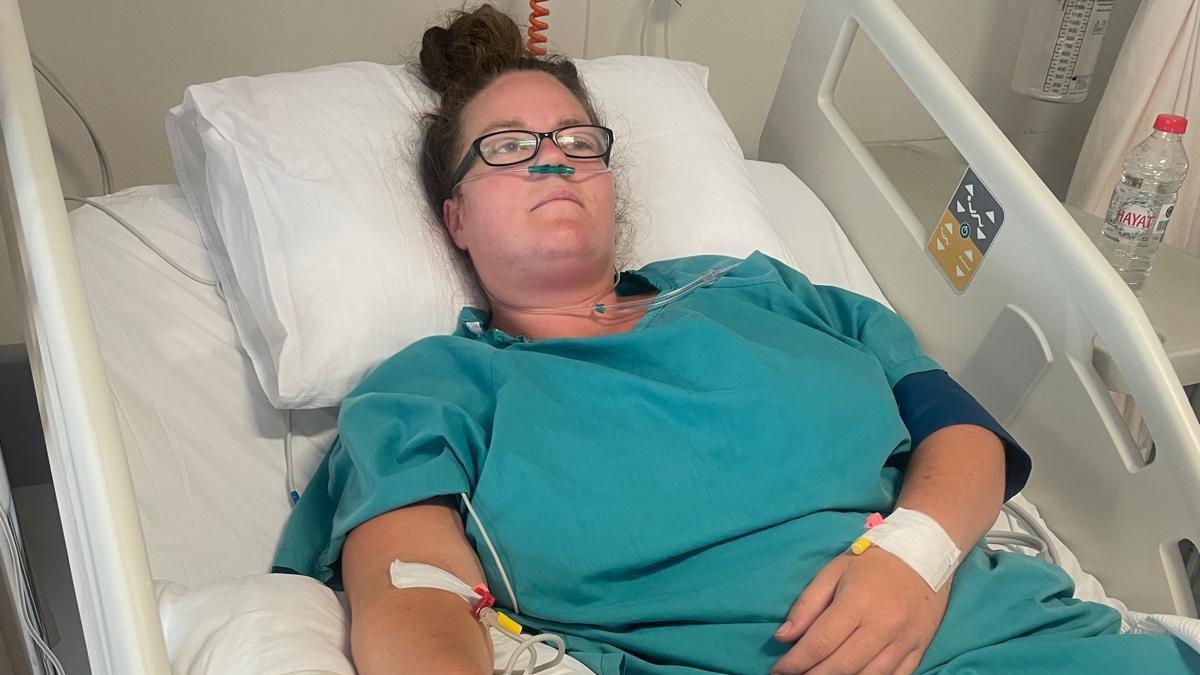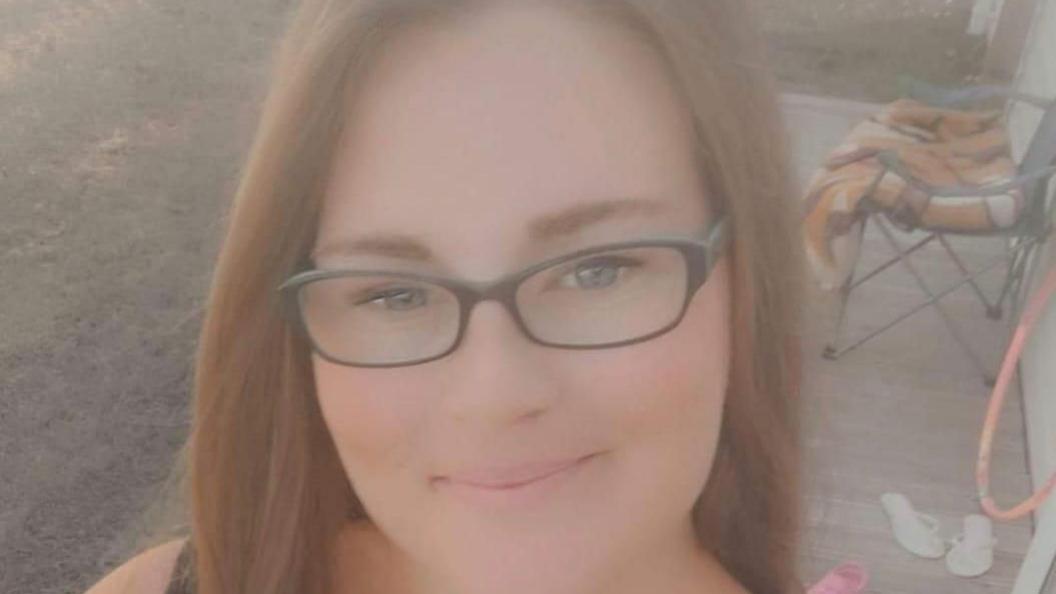Bereaved wife stuck in Turkey after having seizure

Cerys Rees is stuck in a Turkish hospital after suffering a seizure abroad
- Published
A woman who went to scatter her dead husband's ashes in Turkey is stuck in hospital there after suffering a seizure.
Cerys Rees' insurance company will not pay out because she failed to declare her epilepsy, her family said.
The 34-year-old's sister, Rhianna Boundford, said the reason for this was that she had never been diagnosed with the condition.
Insurers Cega said it could not comment on individual cases.
Mrs Rees, from Pontypridd, Rhondda Cynon Taf, went to spread her late husband's ashes in Antalya, southern Turkey, on 18 June after he died of cancer earlier this year.
But while there she had a seizure and was put into intensive care in Turkey's Baskent University Hospital.
Boy in tears as Disney flight after chemo cancelled
- Published28 June 2024
Man dies on holiday island with few residents
- Published21 June 2024
Brain tumour patient gets Peter Kay show wish
- Published21 June 2024
Her family said she needed to be closely monitored as she was having daily seizures.
Ms Boundford said after visiting her she was "petrified" for her sister's life.
"Cerys looked horrendous and was choking to death due to seizures," she said.
"She was given CPR numerous times as her heart would stop beating."
She dubbed her sister, a carer, a "loving and a caring human" who put others first.
In 2022 Mrs Rees had a seizure after she and her husband were hit by a drink-driver, said Ms Boundford.
Doctors, she claimed, believed the seizure was stress related and diagnosed her with lupus.
Before her husband's death Mrs Rees promised to spread his ashes in every country she visited.
Ms Boundford said doctors in Turkey told her the seizures were caused by lupus and advised her to take her sister to the UK for care.

Ms Rees had travelled to Turkey to scatter her late husband's ashes
She then contacted Cega who she claimed declined to cover medical costs to bring Ms Rees home.
She said doctors in Turkey planned to induce a coma and fly her to University Hospital of Wales in Cardiff.
Because they could not stop her seizures an air ambulance was requested.
But the family, Ms Boundford said, were told a private air ambulance would cost £40,000.
Her sister was in a critical condition and communication with her had been limited as she was only awake when she needed to to take her medication.
"We will lose her if we don't get her home for specialist care,” Ms Boundford said.
Ms Boundford called the experience "traumatising" and said she was trying to raise money online to bring her sister home.
Cega said it was aware of the difficulties faced by Mrs Rees and her family but added: "We cannot comment on specific individual cases."